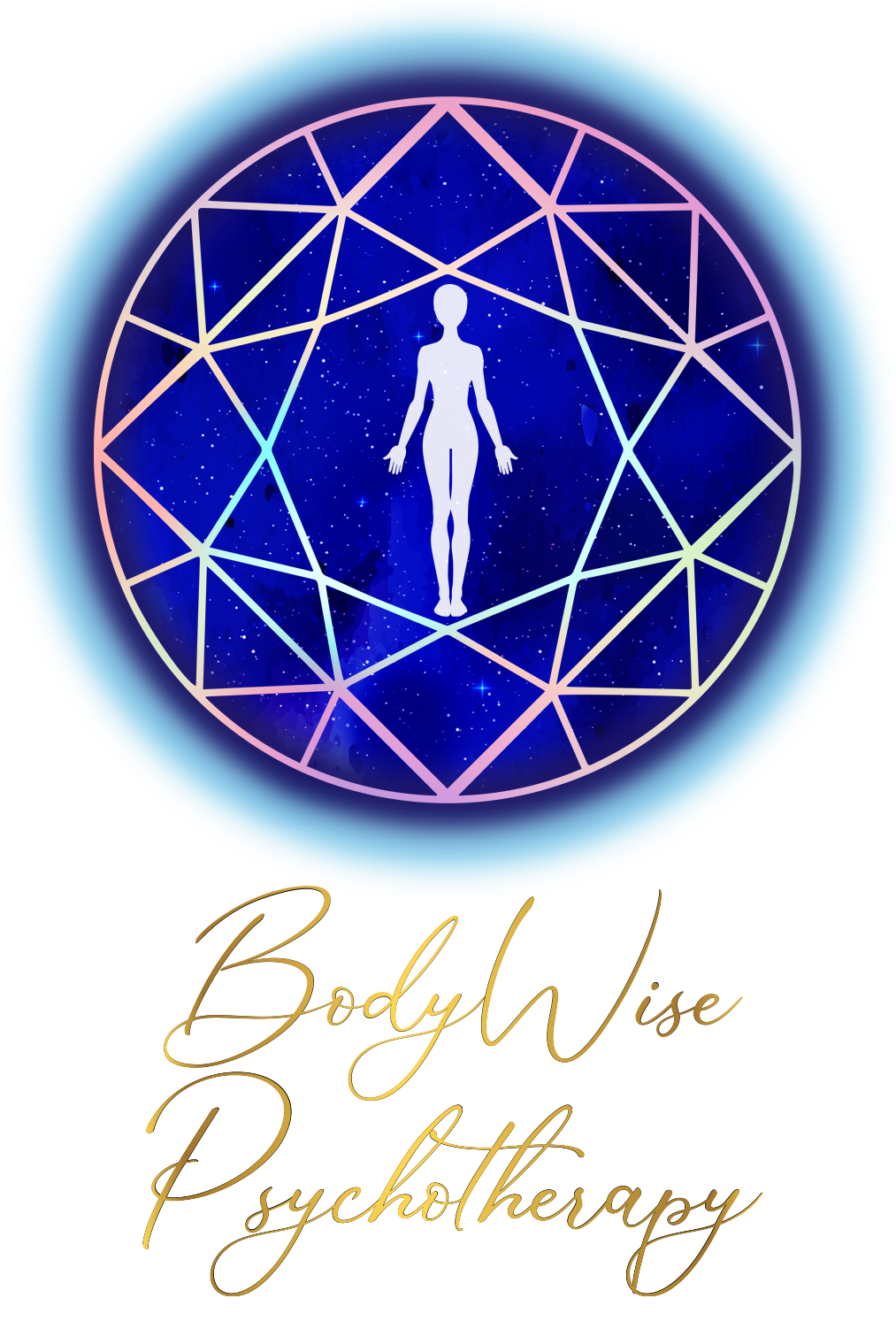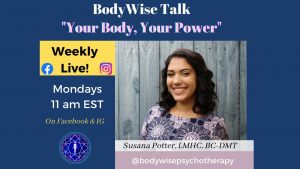Mind Matters: Unveiling Mental Health Counseling in Florida
Mind Matters: Unveiling Mental Health Counseling in Florida As a psychotherapist based in the vibrant state of Florida, I’ve had the privilege of witnessing the transformative power of mental health counseling firsthand. In this blog, I’ll share insights into the landscape of mental health counseling in Florida, exploring common issues, available services, and the benefits […]










